Levofloxacin 500mg Tablets
Levofloxacin 500mg Tablets available in 2-pack sizes
- Levofloxacin 500mg Tablets, 5 tablets
- Levofloxacin 500mg Tablets, 10 tablets
£7.50 – £12.50
CompareCompare- Levofloxacin 500mg Tablets, 5 tablets
- Levofloxacin 500mg Tablets, 10 tablets
- Description
- Additional Information
- Brand
- How To Use
- Product Details
- Side Effects
- Ingredients
- How to Store
- Patient Information leaflet
- Reviews (0)
- Questions & Answers
Levofloxacin 500mg Tablets
Introducing Levofloxacin 500mg Tablets: Your Ultimate Solution for Infections
Are you tired of dealing with stubborn infections that refuse to go away? Look no further, as Levofloxacin 500mg Tablets are here to provide you with effective relief. These tablets contain the powerful active ingredient, levofloxacin, which belongs to the quinolone antibiotic family. With its exceptional bacteria-fighting properties, Levofloxacin works diligently to eliminate the bacteria responsible for causing infections within your body.
Designed for adult use, including the elderly, Levofloxacin tablets can effectively treat a wide range of infections, offering you the relief you deserve. Let’s take a closer look at the various infections that Levofloxacin tablets can target:
Sinus Infections: Levofloxacin tablets combat the bacteria causing sinus infections, helping you alleviate discomfort and breathe freely.
Respiratory Infections: Individuals with long-term breathing problems or pneumonia can rely on Levofloxacin tablets to effectively combat infections in their lungs, promoting a healthier respiratory system.
Urinary Tract Infections: Whether it’s your bladder or kidneys that are affected, Levofloxacin tablets efficiently eliminate the bacteria causing urinary tract infections, restoring your urinary health.
Skin and Soft Tissue Infections: Levofloxacin tablets penetrate deep into your skin and underlying muscles, offering relief from bothersome skin infections, including abscesses and cellulitis.
Prostate Infections: Levofloxacin tablets can address long-lasting infections in the prostate gland, ensuring your urinary and reproductive health remains intact.
In addition to these uses, Levofloxacin tablets also serve a crucial role in certain special situations. If there is a risk of exposure to the bacteria causing anthrax, Levofloxacin tablets can be used to reduce the chances of contracting this pulmonary disease. Furthermore, they can also prevent the worsening of the disease if you have already been exposed.
Levofloxacin 500mg Tablets is a prescription product, ready to be found on the shelves of your Dock pharmacy stores or conveniently shipped to your doorstep. With the trust and reliability associated with this product, you can rest assured that you are investing in a proven and effective solution for your infections.
Say goodbye to the discomfort and frustration caused by infections. Try Levofloxacin 500mg Tablets today and experience the relief you deserve. Your journey to a healthier, infection-free life starts now!
Levofloxacin 500mg Tablets Reviews
After using Levofloxacin 500mg Tablets, it’s helpful to let others know about your experience. Reviews of an item help other users know that medicines received have helped the condition it is claimed for, how well the treatment worked or any issues to be aware of. We invite our users to leave a review of both their treatment and of the service provided. Click on the reviews tab to see if there has been feedback on this item.
What is the price of Levofloxacin 500mg Tablets?
The price of Levofloxacin 500mg Tablets starts from £7.50
Where can you buy Levofloxacin 500mg Tablets?
You can buy Levofloxacin 500mg Tablets at Dock Pharmacy Essex UK, UK Online Pharmacy.
Can you buy Levofloxacin 500mg Tablets Over the counter?
Levofloxacin 500mg Tablets is not available to buy over the counter. You need a prescription to buy Levofloxacin 500mg Tablets
| Brand | |
|---|---|
| Pack Size | 5 Tablets, 10 Tablets |
Brand
Levofloxacin
How To Use
How to take Levofloxacin tablets
Always take Levofloxacin tablets exactly as your doctor or pharmacist has told you. Check with your doctor or pharmacist if you are not sure.
Taking this medicine
- Take this medicine by mouth
- Swallow the tablets whole with a drink of water
- The tablets may be taken during meals or at any time between meals
Protect your skin from sunlight
Keep out of direct sunlight while taking this medicine and for 2 days after you stop taking it. This is because your skin will become much more sensitive to the sun and may burn, tingle or severely blister if you do not take the following precautions: • Make sure you use high factor sun cream • Always wear a hat and clothes which cover your arms and legs • Avoid sun beds
The recommended dose is ((adults including elderly)
Sinus infections
- Two tablets of Levofloxacin 250 mg Film-coated Tablets, once each day
- Or, one tablet of Levofloxacin 500 mg Film-coated Tablets, once each day
Lung infections, in people with long-term breathing problems
- Two tablets of Levofloxacin 250 mg Film-coated Tablets, once each day
- Or, one tablet of Levofloxacin 500 mg Film-coated Tablets, once each day
Pneumonia
- Two tablets of Levofloxacin 250 mg Film-coated Tablets, once or twice each day
- Or, one tablet of Levofloxacin 500 mg Film-coated Tablets, once or twice each day
Infection of urinary tract, including your kidneys or bladder
- One or two tablets of Levofloxacin 250 mg Film-coated Tablets, once each day
- Or, one tablet of Levofloxacin 500 mg Film-coated Tablets, once each day
Prostate gland infections
- Two tablets of Levofloxacin 250 mg Film-coated Tablets, once each day
- Or, one tablet of Levofloxacin 500 mg Film-coated Tablets, once each day
Infection of skin and underneath the skin, including muscles
- Two tablets of Levofloxacin 250 mg Film-coated Tablets, once or twice each day
- Or, one tablet of Levofloxacin 500 mg Film-coated Tablets, once or twice each day
Adults including elderly with kidney problems
Your doctor may need to give you a lower dose
Product Details
Product Information
What do you need to know before you take Levofloxacin tablets?
Do not take Levofloxacin tablets and tell your doctor if: • you are allergic to levofloxacin, or any other quinolone antibiotic such as moxifloxacin, ciprofloxacin or ofloxacin or any of the other ingredients of this medicines (listed in Section 6). Signs of an allergic reaction include: a rash, swallowing or breathing problems, swelling of your lips, face, throat or tongue. • you have ever had epilepsy • you have ever had tendon problems (e.g. tendonitis) related to treatment with a ‘quinolone antibiotic’. A tendon is the cord that joins your muscle to your skeleton • you are pregnant, might become pregnant or think you may be pregnant • you are breast-feeding • you are a child or growing teenager Do not take this medicine if any of the above apply to you. If you are not sure, talk to your doctor or pharmacist before taking Levofloxacin tablets. Warnings and Precautions Talk to your doctor or pharmacist before taking Levofloxacin tablets if: • you are 60 years of age or older • you are using corticosteroids, sometimes called steroids (see section “Other medicines and Levofloxacin tablets”) • you have ever had a fit (seizure) • you have had damage to your brain due to stroke or other brain injury • you have kidney problems • you have something known as ‘glucose – 6 – phosphate dehydrogenase deficiency’, you are more likely to have serious problems with your blood when taking this medicine • you have ever had heart problems: caution should be taken when using this kind of medicine, if you were born with or have family history of prolonged QT interval (seen on ECG, electrical recording of the heart), have salt imbalance in the blood (especially low level of potassium or magnesium in the blood), have a very slow heart rhythm (called ‘bradycardia’), have a weak heart (heart failure), have a history of heart attack (myocardial infarction), you are female or elderly or you are taking other medicines that result in abnormal ECG changes (see section “Other medicines and Levofloxacin tablets”). • you have ever had mental health problems • you have been diagnosed with an enlargement or “bulge” of a large blood vessel (aortic aneurysm or large vessel peripheral aneurysm). • you have experienced a previous episode of aortic dissection (a tear in the aorta wall). • you have been diagnosed with leaking heart valves (heart valve regurgitation). • if you have a family history of aortic aneurysm or congenital heart valve disease, or aortic dissection or other risk factors or predisposing conditions (e.g. connective tissue disorders such as Marfan syndrome, or Ehlers-Danlos syndrome, Turner syndrome, Sjögren’s syndrome [an inflammatory autoimmune disease], or vascular disorders such as Takayasu arteritis, giant cell arteritis, Behcet’s disease, high blood pressure, or known atherosclerosis, rheumatoid arthritis [a disease of the joints] or endocarditis [an infection of the heart]). • you are diabetic • you have ever had liver problems • you have myasthenia gravis • you feel sudden, severe pain in your abdomen, chest or back, which can be symptoms of aortic aneurysm and dissection,go immediately to an emergency room. Your risk may be increased if you are being treated with systemic corticosteroids. • you start experiencing a rapid onset of shortness of breath, especially when you lie down flat in your bed, or you notice swelling of your ankles, feet or abdomen, or a new onset of heart palpitations (sensation of rapid or irregular heartbeat), you should inform a doctor immediately. Before taking this medicine You should not take fluoroquinolone/quinolone antibacterial medicines, including Levofloxacin tablets, if you have experienced any serious adverse reaction in the past when taking a quinolone or fluoroquinolone. In this situation, you should inform your doctor as soon as possible. When taking this medicine Pain and swelling in the joints and inflammation or rupture of tendons may occur rarely. Your risk is increased if you are elderly (above 60 years of age), have received an organ transplant, have kidney problems or if you are being treated with corticosteroids. Inflammation and ruptures of tendons may occur within the first 48 hours of treatment and even up to several months after stopping of Levofloxacin tablets therapy. At the first sign of pain or inflammation of a tendon (for example in your ankle, wrist, elbow, shoulder or knee), stop taking Levofloxacin tablets contact your doctor and rest the painful area. Avoid any unnecessary exercise as this might increase the risk of a tendon rupture. Do not stay out in strong sunlight or use a sun lamp or solarium whilst you are taking these tablets. If you are not sure if any of the above applies to you, talk to your doctor or pharmacist before taking Levofloxacin tablets. You may rarely experience symptoms of nerve damage (neuropathy) such as pain, burning, tingling, numbness and/or weakness especially in the feet and legs or hands and arms. If this happens, stop taking Levofloxacin tablets and inform your doctor immediately in order to prevent the development of potentially irreversible conditions. Prolonged, disabling and potentially irreversible serious side effects Fluoroquinolone/quinolone antibacterial medicines, including Levofloxacin tablets, have been associated with very rare but serious side effects, some of them being long lasting (continuing months or years), disabling or potentially irreversible. This includes tendon, muscle and joint pain of the upper and lower limbs, difficulty in walking, abnormal sensations such as pins and needles, tingling, tickling, numbness or burning (paraesthesia), sensory disorders including impairment of vision, taste and smell, and hearing, depression, memory impairment, severe fatigue, and severe sleep disorders. If you experience any of these side effects after taking Levofloxacin tablets, contact your doctor immediately prior to continuing treatment. You and your doctor will decide on continuing the treatment considering also an antibiotic from another class. Other medicines and Levofloxacin tablets Tell your doctor or pharmacist, if you are taking, have recently taken or might take any other medicines. This is because Levofloxacin tablets can affect the way some other medicines work. Also some medicines can affect the way levofloxacin film- coated tablets work. The following medicines can increase the chance of you getting side effects, when taken with Levofloxacin tablets: • Corticosteroids, sometimes called steroids – used for inflammation. You may be more likely to have inflammation and/or breakage of your tendons. • Warfarin – used to thin the blood. You may be more likely to have a bleed. Your doctor may need to take regular blood tests to check how well your blood can clot. • Theophylline – used for breathing problems. You are more likely to have a fit (seizure) if taken with Levofloxacin • Non-steroidal anti-inflammatory drugs (NSAIDS) – used for pain and inflammation such as aspirin, ibuprofen, fenbufen, ketoprofen and indometacin. You are more likely to have a fit (seizure) if taken with Levofloxacin • Ciclosporin – used after organ transplants. You may be more likely to get the side effects of Ciclosporin. • Probenecid – used for gout, and cimetidine – used for ulcers and heartburn. Special care should be taken when taking either of these medicines with Levofloxacin. If you have kidney problems, your doctor may want to give you a lower dose. • Medicines known to affect the way your heart beats.This includes medicines used for abnormal heart rhythm (anti-arrhythmics such as quinidine, hydroquinidine, disopyramide, , sotalol, dofetilide, ibutilide and amiodarone), for depression (tricyclic antidepressants such as amitriptyline and imipramine,) for psychiatric disorders (antipsychotics) and for bacterial infections (‘macrolide antibiotics such as erythromycin, azithromycin and clarithromycin) . Do not take Levofloxacin tablets at the same time as the following medicines. This is because it can affect the way Levofloxacin tablets work: • Iron tablets (for anaemia), zinc supplements, magnesium or aluminum-containing antacids (for acid or heartburn), didanosine, or sucralfate (for stomach ulcers). See Section 3 “If you are already taking iron tablets, zinc supplements, antacids, didanosine or sucralfate” below. Urine tests for opiates Urine tests may show ‘false-positive’ results for strong painkillers called ‘opiates’ in people taking Levofloxacin tablets. If your doctor is due to take a urine test, tell them you are taking Levofloxacin tablets. Tuberculosis tests This medicine may cause “false negative” results for some tests used in laboratory to search for the bacteria causing tuberculosis. Levofloxacin tablets with food and drink Levofloxacin tablets can be taken with or without food. Pregnancy and breast-feeding and Fertility Do not take this medicine if you are pregnant, think that you may be pregnant or intend to become pregnant whilst taking these tablets or are breast-feeding or planning to breast-feed Driving and using machines You may get side effects after taking this medicine, including feeling dizzy, sleepy, a spinning feeling (vertigo) or changes to your eyesight. Some of these side effects can affect you being able to concentrate and your reaction speed. If this happens, do not drive or carry out any work that requires a high level of attention.
Side Effects
Possible Side-Effects
Like all medicines, this medicine can cause side effects, although not everybody gets them. These effects are normally mild or moderate and often disappear after a short time. Stop taking Levofloxacin tablets and see a doctor or go to a hospital straight away if you notice the following side effect: Very rare (may affect up to 1 in 10,000 people) • You have an allergic reaction. The signs may include: a rash, swallowing or breathing problems, swelling of your lips, face, throat, or tongue Stop taking Levofloxacin tablets and see a doctor straight away if you notice any of the following serious side effects – you may need urgent medical treatment: Rare (may affect up to 1 in 1,000 people) • Watery diarrhoea which may have blood in it, possibly with stomach cramps and a high temperature. These could be signs of a severe bowel problem • Pain and inflammation in your tendons or ligaments. The Achilles tendon is affected most often and in some cases, the tendon could break • Fits (convulsions) Very rare (may affect up to 1 in 10,000 people) • Burning, tingling, pain or numbness. These may be signs of something called ‘neuropathy’ Not known (frequency cannot be estimated from the available data) • Severe skin rashes which may include blistering or peeling of the skin around your lips, eyes, mouth, nose and genitals • Loss of appetite, skin and eyes becoming yellow in colour, dark-coloured urine, itching, or tender stomach (abdomen). These may be signs of liver problems which may include a fatal failure of the liver. If your eyesight becomes impaired or if you have any other eye disturbances whilst taking Levofloxacin tablets, consult an eye specialist immediately. Tell your doctor if any of the following side effects gets serious or lasts longer than a few days: Common (may affect up to 1 in 10 people) • Sleeping problems • Headache, feeling dizzy • Feeling sick (nausea, vomitting) and diarrhoea • Increase in the level of some liver enzymes in your blood Uncommon (may affect up to 1 in 100 people) • Changes in the number of other bacteria or fungi, infection by fungi named Candida, which may need to be treated • Changes in the number of white blood cells shown up in the results of some blood tests (leucopenia, eosinophilia) • Feeling stressed (anxiety), feeling confused, feeling nervous, feeling sleepy, trembling, a spinning feeling (vertigo) • Shortness of breath (dyspnoea) • Changes in the way things taste, loss of appetite, stomach upset or indigestion (dyspepsia), pain in your stomach area, feeling bloated (flatulence) or constipation • Itching and skin rash, severe itching or hives (urticaria), sweating too much (hyperhidrosis) • Joint pain or muscle pain • Blood tests may show unusual results due to liver (bilirubin increased) or kidney (creatinine increased) problems • General weakness Rare (may affect up to 1 in 1,000 people) • Bruising and bleeding easily due to a lowering in the number of blood platelets (thrombocytopenia) • Low number of white blood cells (neutropenia) • Exaggerated immune response (hypersensitivity) • Lowering of your blood sugar levels (hypoglycaemia). This is important for people that have diabetes. • Seeing or hearing things that are not there (hallucinations, paranoia), change in your opinion and thoughts (psychotic reactions) with a risk of having suicidal thoughts or actions • Feeling depressed, mental problems, feeling restless (agitation), abnormal dreams or • nightmares • Tingly feeling in your hands and feet (paraesthesia) • Problems with your hearing (tinnitus) or eyesight (blurred vision) • Unusual fast beating of your heart (tachycardia) or low blood pressure (hypotension) • Muscle weakness. This is important in people with myasthenia gravis (a rare disease of the nervous system) • Changes in the way your kidney works and occasional kidney failure which may be due to an allergic kidney reaction called interstitial nephritis. • Fever Not known (frequency cannot be estimated from the available data) • Lowering in red blood cells (anaemia). This can make the skin pale or yellow due to damage of the red blood cells and lowering in the number of all types of blood cells • Fever, sore throat and a general feeling of being unwell that does not go away. This may be due to a lowering in the number of white blood cells (agranulocytosis). • Loss of circulation (anaphylactic like shock) • Increase of your blood sugar levels (hyperglycaemia) or lowering of your blood sugar levels leading to coma (hypoglycemic coma). This is important for people those have diabetes. • Changes in the way things smell, loss of smell or taste (parosmia, anosmia, ageusia) • Problems moving and walking (dyskinesia, extrapyramidal disorders) • Temporary loss of vision • Impaired or loss of hearing • Abnormal fast heart rhythm, life-threatening irregular heart rhythm including cardiac arrest, alteration of the heart rhythm called ‘prolongation of QT interval’, (seen on ECG, electrical activity of the heart) • Difficulty breathing or wheezing (bronchospasm) • Allergic lung reactions • Pancreatitis • Inflammation of the liver (hepatitis) • Increased sensitivity of your skin to sun and ultraviolet light (photosensitivity) • Inflammation of the vessels that carry blood around your body due to an allergic reaction (vasculitis) • Inflammation of the tissue inside the mouth (stomatitis) • Muscle rupture and muscle destruction (rhabdomyolysis) • Joint redness and swelling (arthritis) • Pain, including pain in the back, chest and extremities • Attacks of porphyria in people who already have porphyria (a very rare metabolic disease) • Persistent headache, with or without blurred vision (benign intracranial hypertension) • Temporary loss of consciousness or posture (syncope) Very rare cases of long lasting ( up to months or years) or permanent adverse drug reactions, such as tendon inflammations, tendon rupture, joint pain, pain in the limbs, difficulty in walking, abnormal sensations such as pins and needles, tingling, tickling, burning, numbness or pain (neuropathy), depression, fatigue, sleep disorders, memory impairment, as well as impairment of hearing, vision, and taste and smell have been associated with administration of quinolone and fluoroquinolone antibiotics, in some cases irrespective of pre-existing risk factors. Cases of an enlargement and weakening of the aortic wall or a tear in the aortic wall (aneurysms and dissections), which may rupture and may be fatal, and of leaking heart valves have been reported in patients receiving fluoroquinolones. See also section 2. Reporting of side effects If you get any side effects, talk to your doctor or pharmacist. This includes any possible side effects not listed in this leaflet. You can also report side effects directly via Yellow card scheme, www.mhra.gov.uk/yellowcard or search for MHRA Yellow Card in the Google Play or Apple App Store”. By reporting side effects you can help provide more information on the safety of this medicine.
Ingredients
Ingredients
What Levofloxacin tablets contain
Each film- coated tablet contains either 250mg or 500mg of the active ingredient, Levofloxacin hemihydrate
The other ingredients are :Microcrystalline cellulose (Avicel Ph101), Microcrystalline cellulose (Avicel Ph102), Crospovidone, Hypromellose, Sodium stearyl fumarate, Titanium dioxide (E 171), Purified talc, Ferric oxide red ( E172) , Ferric oxide yellow(E172) , Polyethylene glycol – 400 (PEG 400).
How to Store
How to store Levofloxacin tablets
- Keep this medicine out of the sight and reach of children • Do not store above 25°C. Store in the original package • Do not use the tablets after expiry date stated on the carton. The expiry date refers to the last day of the month. • Do not throw away any medicines via wastewater or household waste. Ask your pharmacist how to throw away medicines you no longer use. These measures will help you protect the environment.
Patient Information leaflet
Click here for the Patient Information leaflet
Please read before using the product
Only logged in customers who have purchased this product may leave a review.
Questions and answers of the customers
There are no questions yet, be the first to ask something for this product.
You Might Also Like
Strenght: 750mg Tablets, 10 Tablets
Learn More£7.99
- Availability: in stock
Strenght: 250mg Tablets, 20 Tablets
Learn More£5.99
- Availability: in stock
Strenght: 500mg Tablets, 20 Tablets
Learn More£6.49
- Availability: in stock
Other Products From This Seller
- Validated for 2-8°C for 18 to 24hrs*
- Perfect for long haul flights
- Carries pens, bottles, vials and syringes
- Integrated digital thermometer
- Manufactured from excellent quality materials
£69.45
- Availability: in stock
- Validated for 2-8°C for 15 to 20hrs*
- Perfect for long haul flights
- Carries pens, bottles, vials and syringes
- Integrated digital thermometer
- Manufactured from excellent quality materials
£54.50
- Availability: in stock
Steglatro Tablets – Ertugliflozin Tablets available in 2 strengths:
- Steglatro 5mg Tablets – Ertugliflozin 5mg Tablets
- Steglatro 15mg Tablets – Ertugliflozin 15mg Tablets
£49.50
- Availability: in stock
Original price was: £43.20.£39.50Current price is: £39.50.
Ursodeoxycholic Acid Tablets 250mg – Cholurso Tablets, 60 Tablets Introducing Cholurso Tablets the brand name of Ursodeoxycholic Acid Tablets 250mg – Your Solution for Gallstone Management and Liver Health Ursodeoxycholic Acid 250mg Tablets is a cutting-edge pharmaceutical formulation designed to positively influence bile composition, making it a versatile solution for various health concerns. Ursodeoxycholic Acid, […]
Learn MoreOriginal price was: £43.20.£39.50Current price is: £39.50.
- Availability: in stock
£156.00 – £210.00
Please note you need insulin pen needles to use Mounjaro Injection
Mounjaro Injection – Tirzepatide Injection, 4 Pre-filled Pens
Available in 6 strengths:
- Mounjaro 2.5mg Injection
- Mounjaro 5mg Injection
- Mounjaro 7.5mg Injection
- Mounjaro 10mg Injection
- Mounjaro 12.5mg Injection
- Mounjaro 15mg Injection
Learn More
£156.00 – £210.00
- Availability: in stock
Timoptol LA Gel – Timolol Eye Gel is available in 2 strengths
- Timoptol LA 0.5% Gel
- Timoptol LA 0.25% Gel
£7.50
- Availability: in stock
Original price was: £43.50.£39.75Current price is: £39.75.
One-Alpha Drops 2mcg/1ml – Alfacalcidol Drops 2mcg/1ml
Learn MoreOriginal price was: £43.50.£39.75Current price is: £39.75.
- Availability: in stock
Original price was: £5.99.£5.39Current price is: £5.39.
Ideal for irrigating and cleansing the eye, or a wound
Learn MoreOriginal price was: £5.99.£5.39Current price is: £5.39.
- Availability: in stock
Ultimate Surefit Erection Ring Set 15222 – Constrictor Rings For Erectile Dysfunction Experience Confidence and Pleasure with the Ultimate Surefit maintenance ring set – Your Key to Intimate Well-being Introducing the Ultimate Surefit Erection Ring, a premium solution meticulously designed for those seeking to overcome the challenges of erectile dysfunction. Crafted with precision and comfort […]
Learn More£58.50
- Availability: in stock
Original price was: £62.50.£56.49Current price is: £56.49.
SureEase Erection Rings 15085 – Constrictor Rings For Erectile Dysfunction Revitalize Your Intimate Moments with SureEase Erection Rings – Precision for Confidence and Pleasure SureEase Erection Rings are the discreet yet powerful solution designed to rekindle confidence and elevate pleasure for individuals facing challenges with erectile dysfunction. Crafted with precision, these constrictor rings provide targeted […]
Learn MoreOriginal price was: £62.50.£56.49Current price is: £56.49.
- Availability: in stock





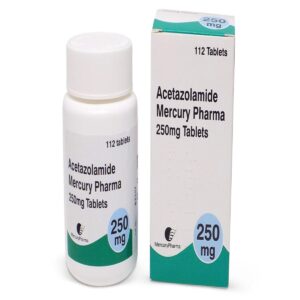

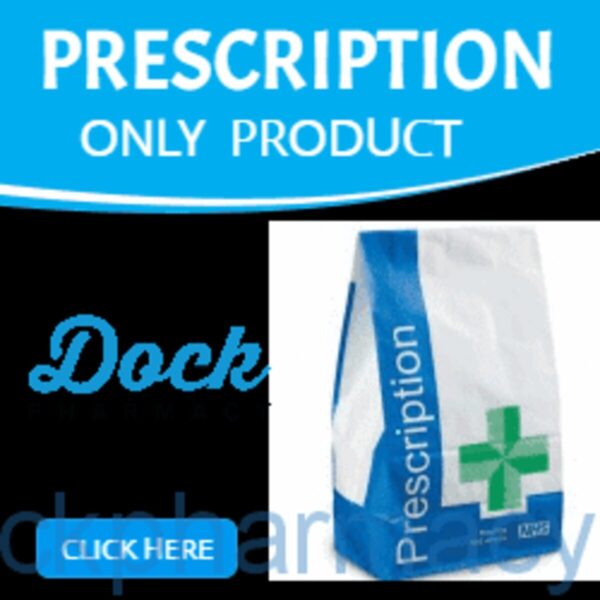
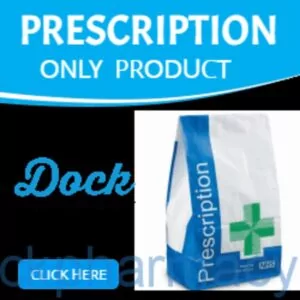



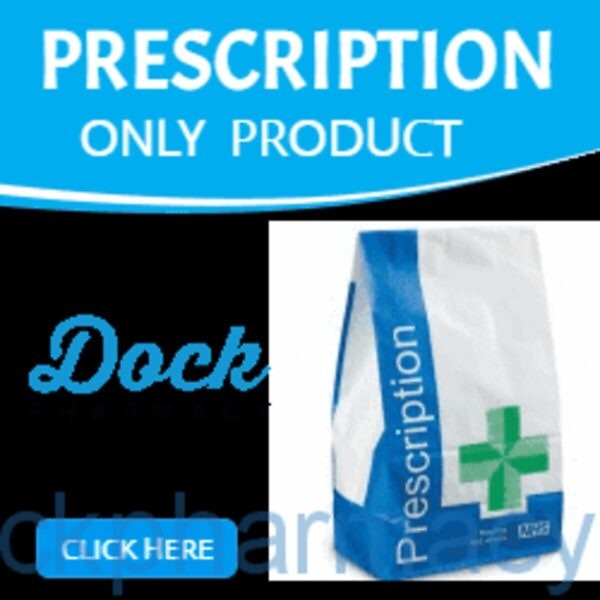
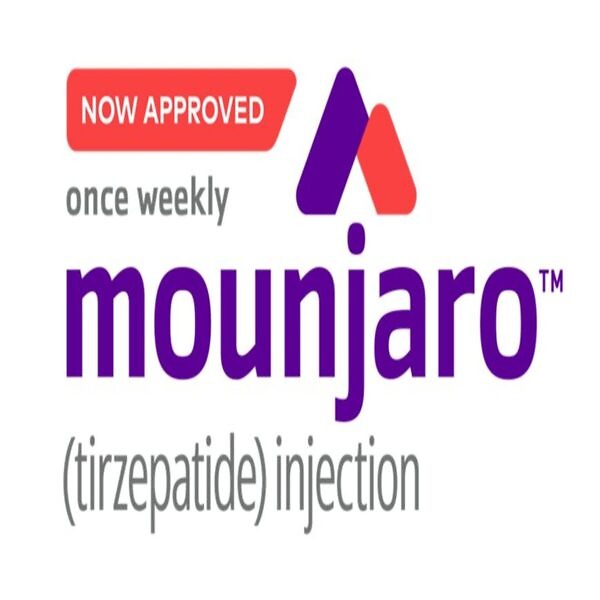
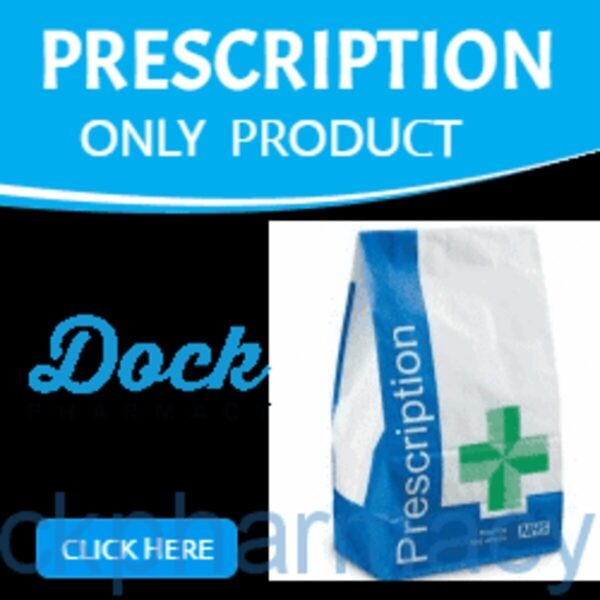
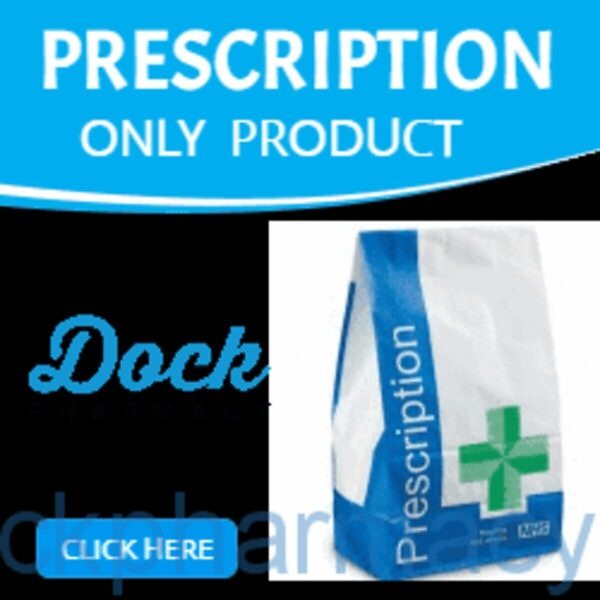
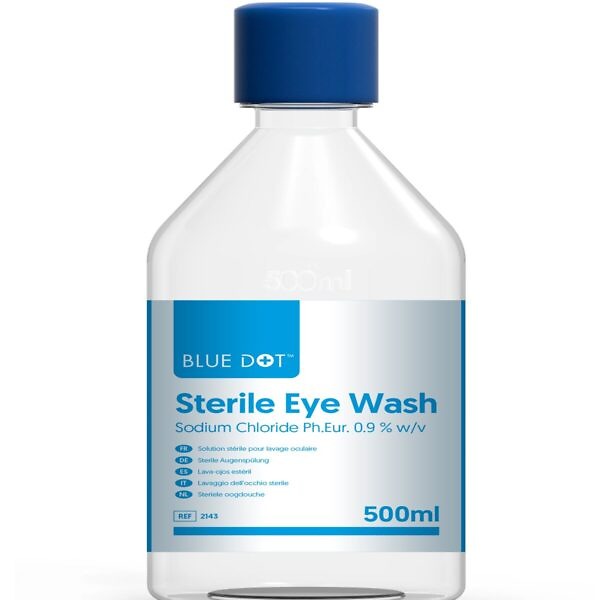
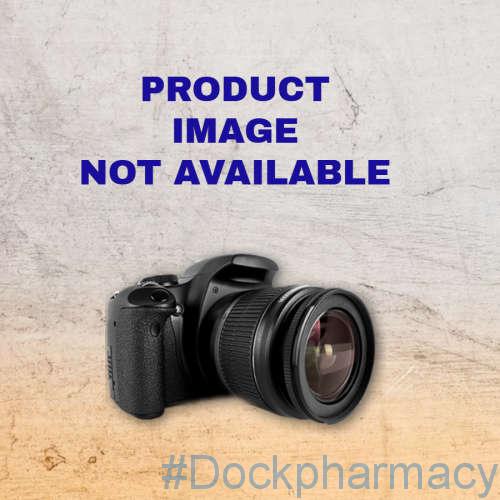
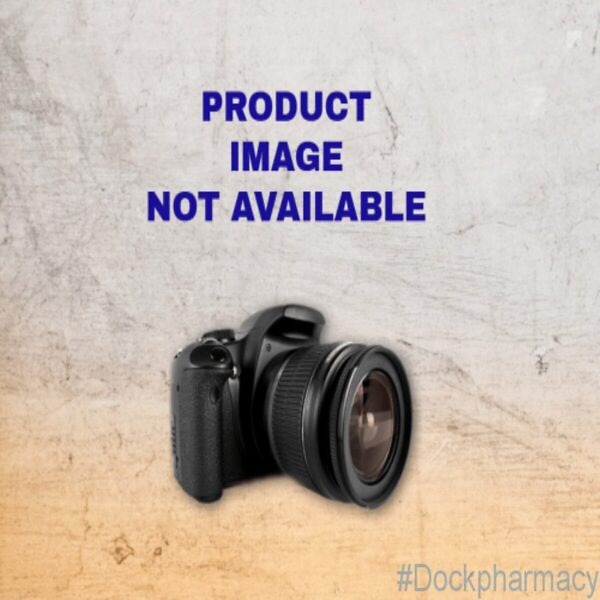
Reviews
There are no reviews yet.